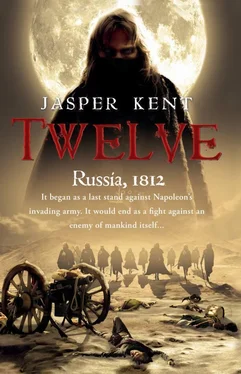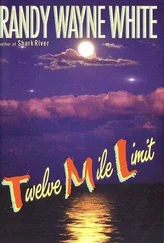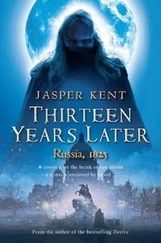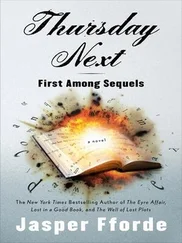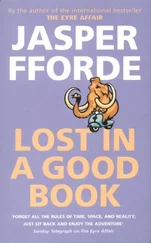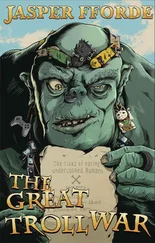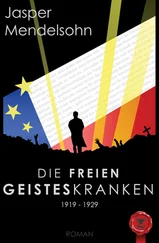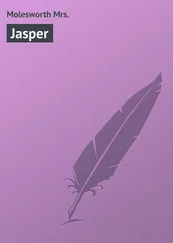I charged onwards, imagining myself as my hero, Davidov, whom I had met only once, at the Battle of Eylau, but whom Vadim had known in Finland. He was famed even now – and would become more famous soon – for his audacious raids at the head of Cossack troops. We attacked whoever we saw, spreading chaos and fear, as Cossacks always do, amongst the enemy – Italians and Bavarians, mostly – who could not organize themselves into any defence. Whether we actually had any significant impact on the battle, I do not know, but there was a sense of exhilaration in this kind of fighting that I have not known before or since. Again, my sabre proved to be by far the most effective weapon, assisted by perhaps a single volley of pistol fire preceding each attack.
Eventually, the French understood the danger we posed to them. The Third Cavalry turned from the French centre and counterattacked. Once surprise had been lost, we were far less effective. The Third Cavalry held us to a more orthodox form of battle, and this in turn took the pressure off the Italians and Bavarians, who had time to organize their own defence properly. Volleys of musket fire began to decimate our ranks. Still the Cossacks unhaltingly threw themselves on the enemy, but now each attack took a greater toll on us. Men fell either side of me long before we were close enough to use our sabres. Now I longed to be back with my comrades in the Hussars, where a few swift words from me could have organized us into lines and made us far more effective. But the Cossacks knew little of such things, and they paid the price.
The sergeant, who had rode beside me throughout, was shot in the neck. Blood cascaded from his mouth as he tried to speak, but then he fell to the ground, the hooves of his comrades' horses trampling him and quickly achieving what the bullet had slowly begun. I called for a withdrawal, but it was an order they were far less happy to obey than an attack. I rode back and forth, slapping men and horses with the flat of my blade until eventually what was left of them – perhaps thirty from the original fifty – obeyed.
It was not long after that a general retreat – for both Platov's and Uvarov's troops – was ordered. We headed back, crossing the river for a final time, to our original position on the Russian right flank. There, sitting calmly astride his horse, was a familiar figure: Vadim Fyodorovich. He said nothing, but his whole demeanour reminded me of my father, calling for me to stop playing with my friends because my tutor was waiting for me. Through the crowds of horsemen, I also saw General Uvarov. He rode over to me.
'We've been ordered to join Kutuzov in Gorki.' Gorki was a village about two versts east of Borodino, where General Kutuzov had made his headquarters. 'It looks like they need to reinforce the centre.'
I nodded towards Vadim. Uvarov turned and looked at him for a moment, then gave him a curt salute of acknowledgement. 'I see,' he said. He turned away from me and surveyed his troops. They were far fewer in number than what they had been in the morning, and many were in no state to fight. 'God in Heaven!' he muttered. 'We'll never keep them from Moscow now.'
I thought about raising my sergeant's objections to swearing on the battlefield, but decided I was already straining my relationship with the general. Besides, the sergeant's clean mouth had not brought him any luck that day. Vadim had already turned his horse and was leaving. I headed after him.
'Any sign of Maks?' I asked, after we had discussed what we had been doing since we last met. His day had been quieter than mine. He had reported what we had discovered in the French camp, and then gone to observe the battle. Several of the Life Guards had mentioned my activities, and so he'd had no trouble finding me.
'No one seems to have heard from him, but I wouldn't have expected them to. If Maks has stuck to the plan (unlike us) then he'll be east of here. Shalikovo would be the most likely place on the list. We should head there too.'
We rode to Shalikovo, with the sound of battle growing more distant, but still ever present behind us. It was late evening by the time we arrived at our chosen rendezvous – a small stable attached to an inn. The inn, like so many of the buildings along the Moscow road, had been abandoned by both owners and guests in anticipation of Bonaparte's advance. We decided to forsake the comforts of sleeping on straw for the rooms of the inn itself. Neither of us had had any real sleep for over twenty-four hours, so we took full advantage of the opportunity.
The following morning, we could hear no further sound of cannon fire. The great battle was over, though we had no idea of its outcome. We went to the stable to see if there was any sign of either Maks or Dmitry having been there before us. It didn't take long to find, chalked on to the wall, a brief but precise message from Maks:
8 – 26 – 9 – M
We had missed him by only twelve hours when we arrived the previous evening. I noted also the shaky hand in which he had written. He had been tired or afraid – or both. There was no sign of Dmitry.
We decided to wait, partly to see if Dmitry would show up, partly to see what news there was from Borodino. We found a few bits of food left in the inn, and made ourselves a reasonable breakfast. By mid-morning, the first of our retreating troops passed through the village.
The news was confused. There had been heavy casualties on both sides, although no one could give even the vaguest numbers; it was only much later that I learned the true scale of death there. Some time before dawn, after almost a full day's battle, Kutuzov had given the order for the Russian retreat. Yet still some of those who rode through claimed the battle as a victory for Russia – saying that although we had been forced to retreat, we had done enough damage to halt Bonaparte's advance and that he would never now be able to take Moscow. Others were less optimistic, but still saw some hope; Bonaparte would take Moscow, but would not be able to keep it. Still others thought that there was now nothing to keep the French from the gates of Petersburg.
Whatever the analysis of the future, it was clear that there was little point in our staying in Shalikovo. We saddled up and headed east along the road to Moscow, quickly overtaking the bedraggled, war-weary and yet not quite demoralized survivors of our glorious army. For us, as well as for them, Moscow was the obvious place to go. But whichever side it was that could truthfully claim the victory at Borodino, Bonaparte still had a hundred thousand able-bodied men at his command, and these prodigious forces were soon – like us – to descend upon the beloved city.
That night we slept rough. We arrived in Moscow towards noon of the following day. Back at the inn in Tverskaya, we made enquiries. Dmitry had arrived there earlier that day, but had already left again. Maks had not been seen since we left, a week and a half previously. Vadim went to look around some of Dmitry's more regular haunts and I said I'd do the same for Maks.
And that was enough justification for me. I knew perfectly well that Maks had been seeing Margarita at the brothel, even though I had told neither Vadim nor Dmitry. Thus visiting the brothel was an absolutely reasonable move when looking for Maks. The length of time I ended up spending there might not have been so reasonable.
I was immediately taken aback by the affection with which Domnikiia greeted me. Normal behaviour in the salon, in front of the other girls and customers, was restrained, but today Domnikiia embraced and kissed me like a wife greeting her long-lost husband, or perhaps even more like a mother greeting her long-lost son. She led me by the hand up to her room.
'Oh, Lyosha, thank God you're here. After Maks came back alone, I didn't know what was happening. I asked them to tell me the moment you came through the door.' She kissed me again on the lips, her hands holding my face.
Читать дальше
